We sat crouched behind the banyan tree in our backyard—Devi, my pregnant wife, and I.
There was an eerie silence all around.
Slowly, we edged toward the boundary wall.
Something sailed past, grazing my skin. I winced.
“Someone’s here,” I whispered.
Together, we crawled past the wall and headed toward the gate at the back. There was a narrow pathway that led to Hakim Chacha’s house. He was Baba’s friend.
I grabbed Devi’s hand as we walked down the cobbled path, skirted the hedges surrounding his house, and entered through the back door.
He was alone.
“Could we stay the night?” I asked.
He nodded and hurriedly drew us in.
The house was dark.
“Six more hours before we are free,” he said heavily. “But what kind of freedom is this? The bloodshed, the hatred.”
Before I could reply, we heard loud hammering on the door. The sound of glass shattering followed. We ducked behind the sofa.
“You Muslim devil, come out if you have the guts!” a voice roared.
Chacha took us into the basement.
“Stay here,” he whispered. “They may think you are Muslims and attack you.”
“No, Chacha, you stay here. I will deal with them,” I said.
He shook his head vigorously. “You have to think of this little girl and the baby,” he said, pointing to Devi. “You stay here.”
Minutes later, we heard a crash and shouts. We feared Chacha would be killed.
After what seemed like an hour, we crept out slowly.
Chacha lay tangled in a heap of broken furniture. His head was bleeding, but he was breathing. I pushed away the furniture and dragged him out. He was in deep pain.
Outside, tongues of flames leapt towards the sky. We sat beside Chacha, nursing his wounds. Half-conscious, he kept murmuring something incoherent. I bent toward him, trying to make sense of what he was saying.
“What is it, Chacha?” I asked.
He opened his eyes, stared at me, and then pointed towards a window to the west.
“You want something?” Devi asked.
He shook his head and closed his eyes.

We looked at each other.
“He’s trying to tell us something,” I said.
I rose and moved toward the window. It was half-closed. I looked out. Below it was a stretch of unkempt shrubbery. The garden had grown wild with brambles and weeds. Skirting it was a broken fence. Beyond it stood my empty house—the home I’d known for over two decades. A lump welled up in my throat. We had spent countless days playing in this garden—my siblings, Chacha’s children, and I. During those sunlit afternoons after school, climbing mango trees and plucking fruit, I had never imagined everything would end this way. An entire family, an entire lifetime washed away in a wave of bloodshed and hatred.
I turned back to look at Chacha. He was staring at me.
“Nothing remains,” he whispered. “Everything comes to an end. That’s the law of the universe.”
I slumped to the ground and sobbed. We were on the cusp of freedom, but the cost we had paid was immeasurable. Love, laughter, compassion, and brotherhood had been trampled, crushed, and reduced to dust.
Devi came toward me and held me in her arms. We remained like that for a long time. The only sounds were our pounding hearts and silent sobs.
Hours later, the sound of firecrackers filled the air. Chacha stirred.

“We are free,” he whispered.
“Yes,” I nodded through my tears.
He pointed to Devi. “Are you alright?”
She nodded. She was tired, and her swollen feet ached. She was likely to go into labor in a couple of days.
Chacha closed his eyes. “Your baby will have a new beginning.”
Elsewhere, people celebrated the end of their fettered existence.

By Jaya Pillai
Jaya Pillai is a teacher, learner, an award winning writer and poet, cooking enthusiast, traveller, meditator and author of Afternoons and More. She loves to engage in things that stimulate her creativity. Her works have been published in over 11 anthologies and she has her own website – https://weavingmomentsjaya.artoonsinn.com





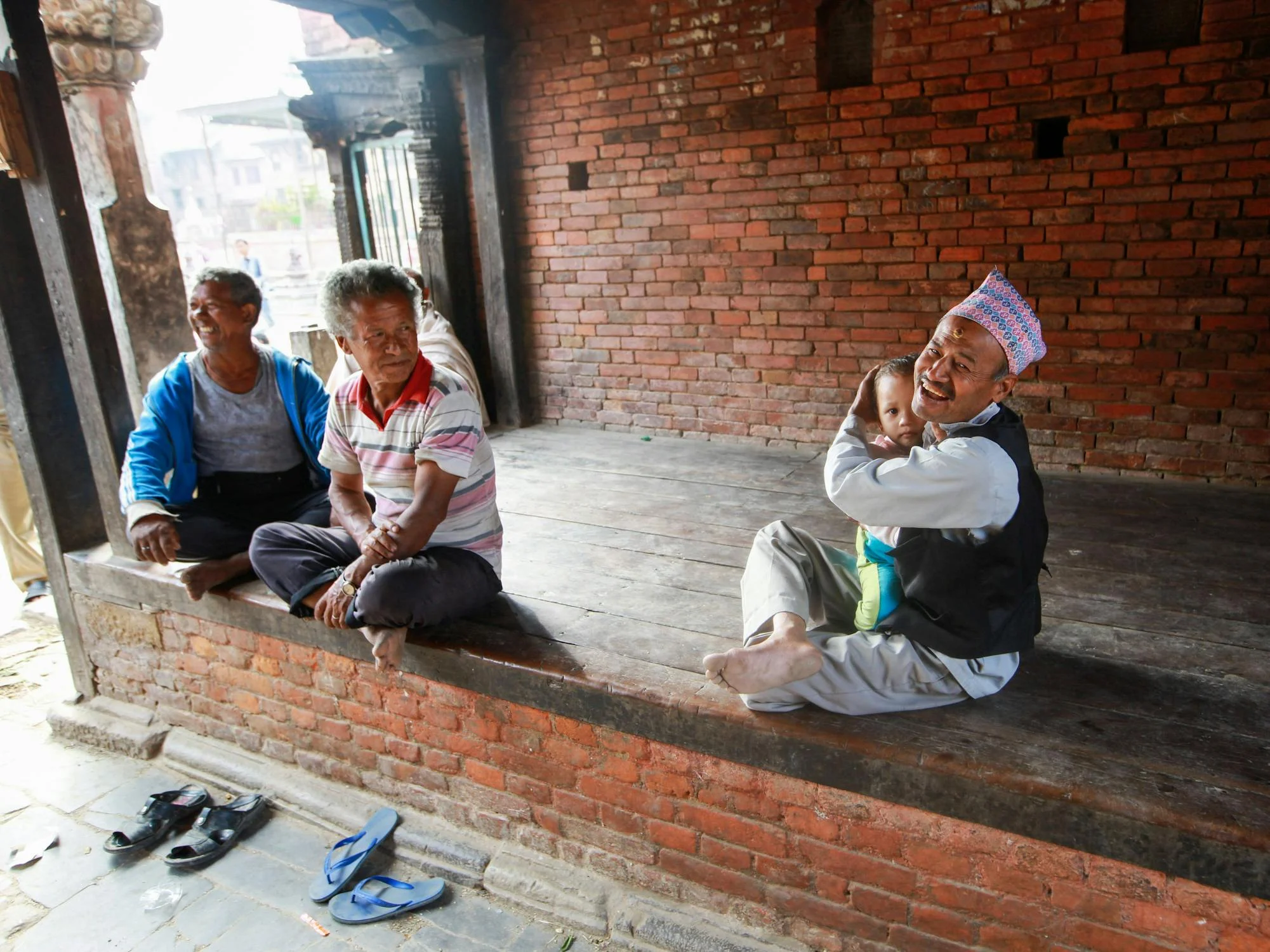

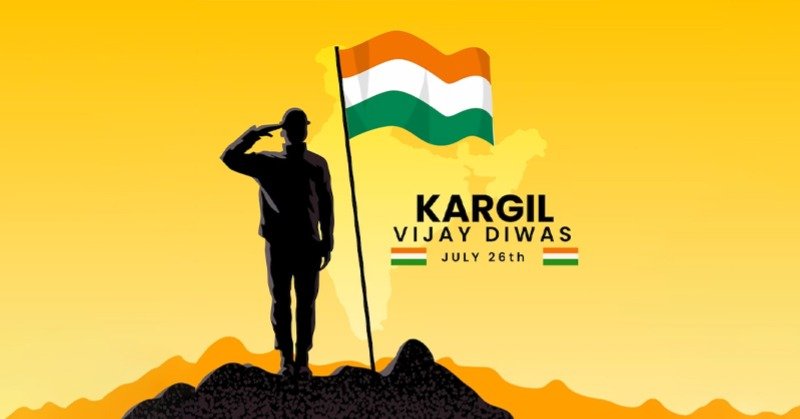
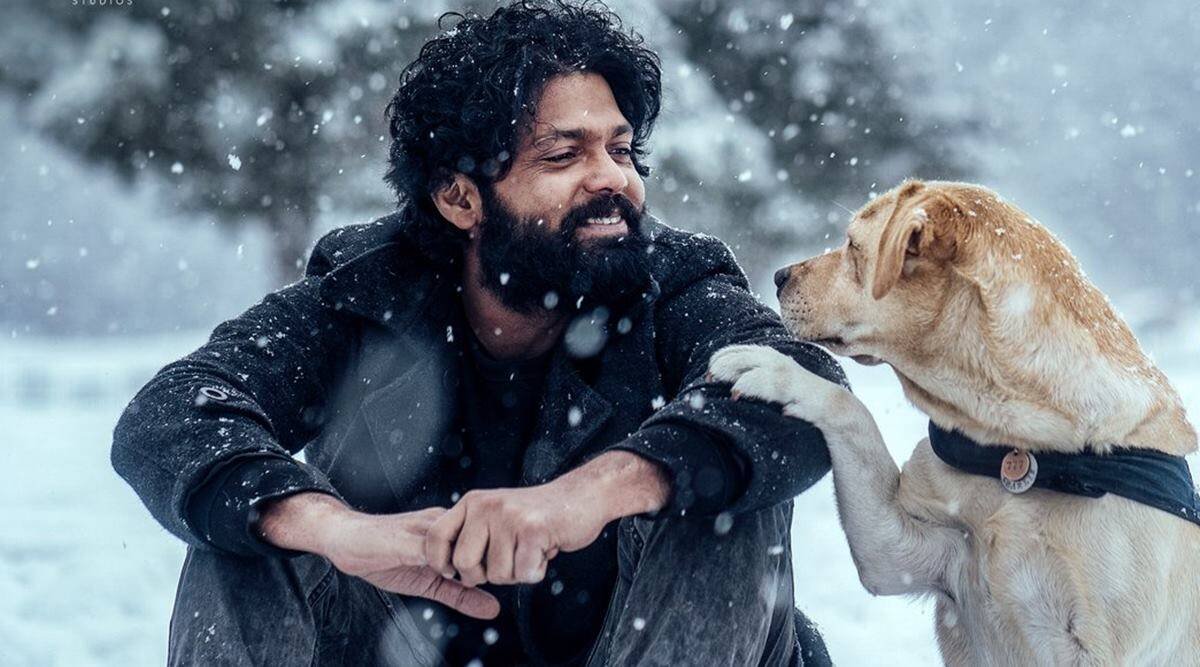


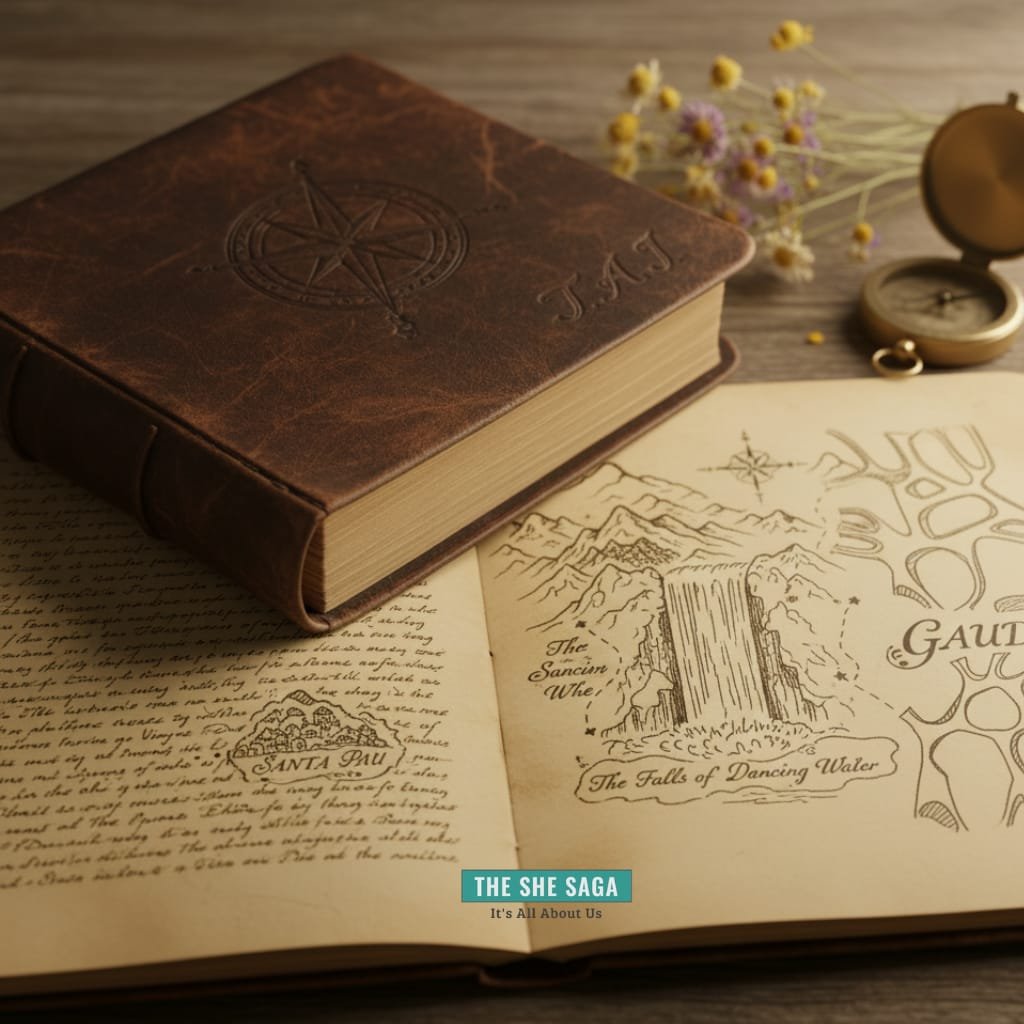
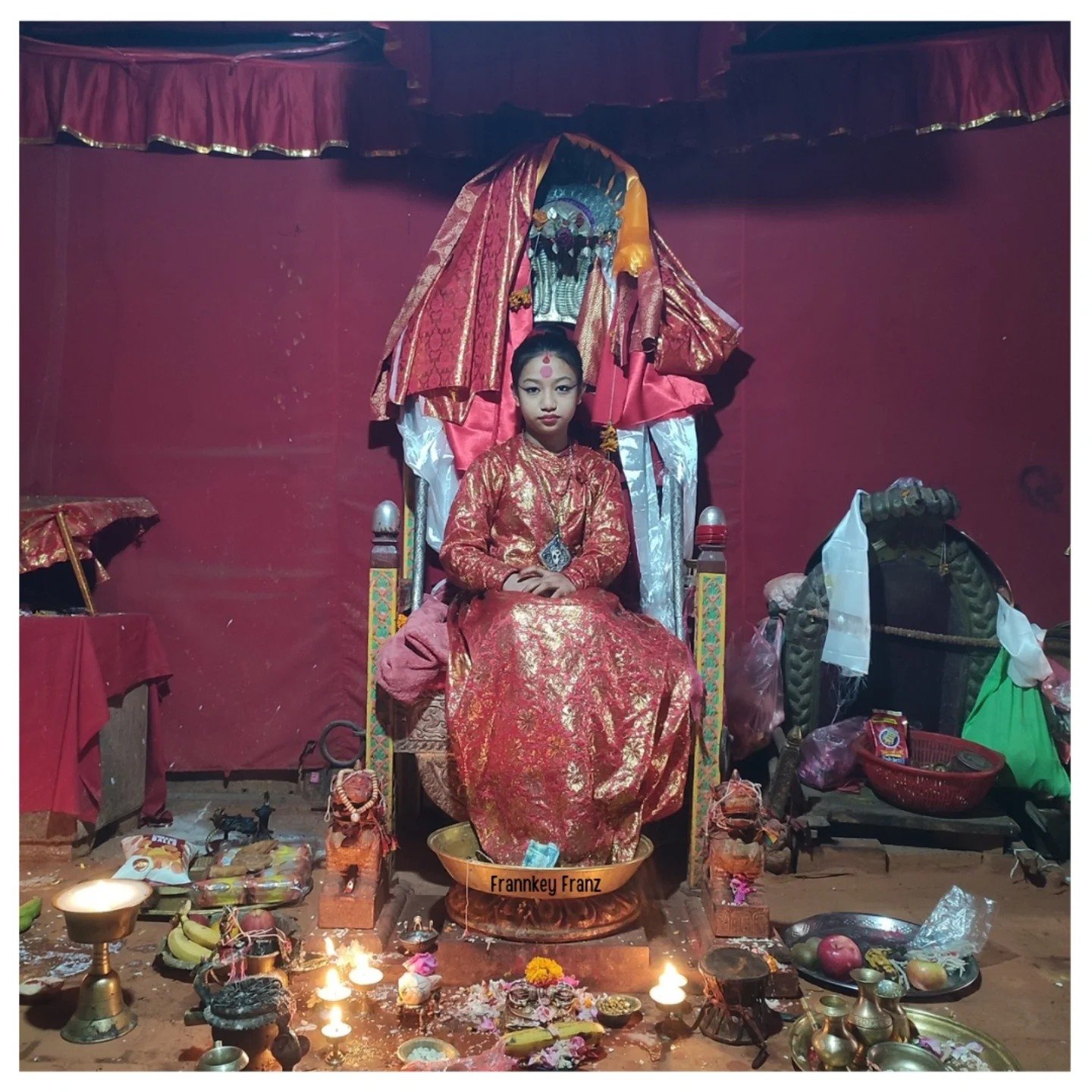

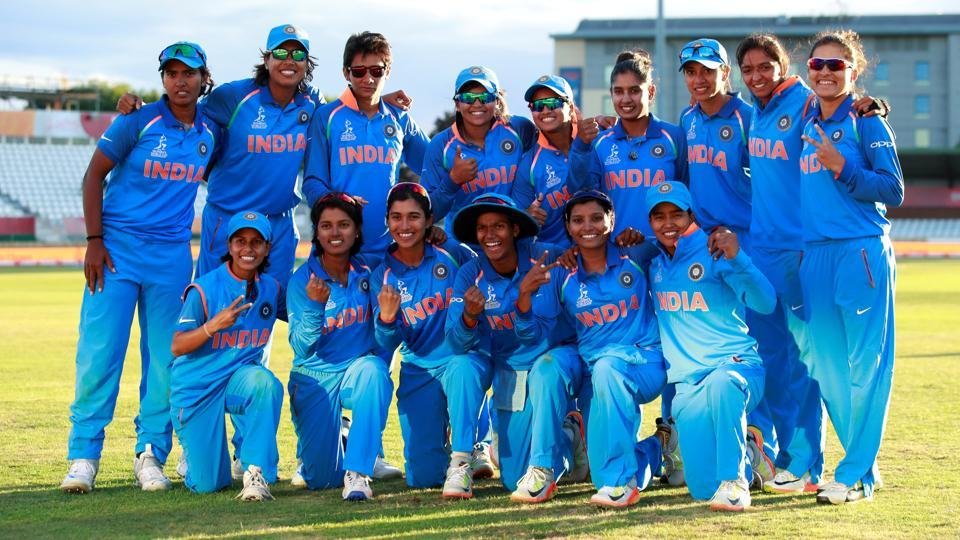
One Response
Lovely story ma’am,it beautifully highlights the sacrifices made by people,even if they weren’t known. 🙏❤